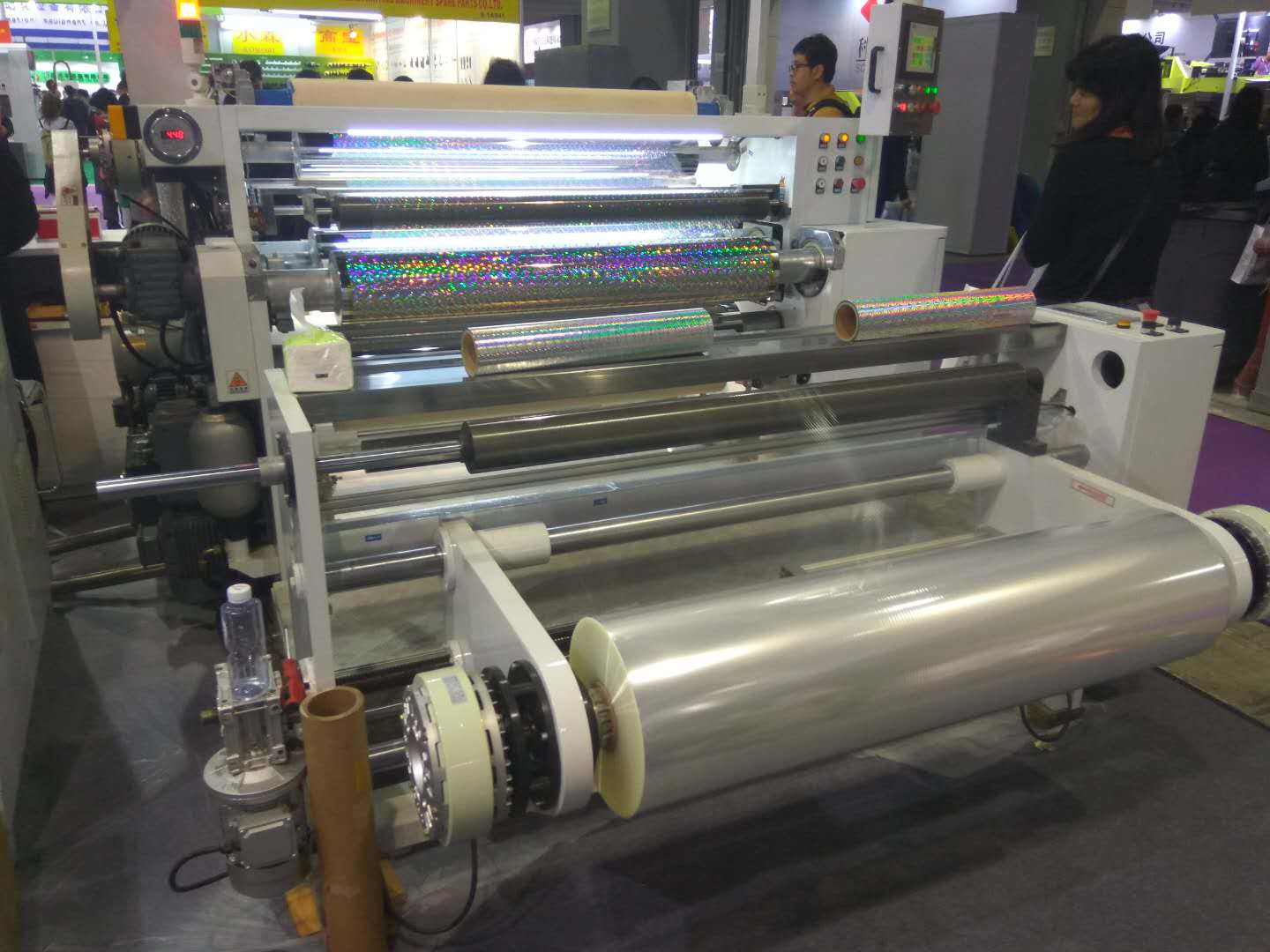In today’s rapidly evolving business landscape, understanding why serialization is important can be a game-changer. Serialization is a process that assigns unique codes to products, ensuring traceability and authenticity. For businesses, especially in sectors like pharmaceuticals and consumer goods, serialization is crucial in combating counterfeiting and ensuring product safety. In this article, we’ll dive deep into the significance of serialization and how it impacts various industries.

Understanding Serialization
Serialization is not just about numbering products. Its a comprehensive system that enables traceability throughout the supply chain. By assigning a unique identifier to each product, companies can track their products from manufacturing to the end consumer. This not only enhances transparency but also boosts consumer confidence.
Benefits of Serialization
Counterfeit Prevention
One of the primary reasons why serialization is important is its role in preventing counterfeiting. By having a unique code for each product, businesses can easily verify the authenticity of their products. This is particularly crucial in the pharmaceutical industry, where counterfeit drugs can have severe health implications. According to a Taylor blog, serialization is a key technique in anti-counterfeiting efforts.
Regulatory Compliance
Many industries, especially pharmaceuticals, are subject to stringent regulations that mandate serialization. Compliance with these regulations not only helps avoid legal issues but also enhances brand reputation. For instance, the pharmaceutical industry has strict serialization compliance requirements to ensure the safety and efficacy of drugs.
Improved Supply Chain Management
Serialization offers improved visibility into the supply chain. Companies can track their products in real-time, reducing the chances of theft or loss. This increased transparency leads to better inventory management and reduces operational costs. By knowing exactly where each product is, businesses can optimize their supply chain processes.
Serialization in Different Industries
Pharmaceuticals
The pharmaceutical industry is perhaps the most impacted by serialization. Given the potential health risks associated with counterfeit drugs, serialization ensures that each drug is traceable from the manufacturer to the patient. This not only safeguards consumers but also maintains the integrity of the pharmaceutical supply chain.
Consumer Goods
Serialization is also crucial in the consumer goods sector. With the rise of e-commerce, ensuring product authenticity has become a significant concern. Serialization helps in verifying product authenticity, thus protecting brands and consumers alike. Our e-commerce article delves deeper into how serialization aids in preventing counterfeit products.
Electronics
In the electronics industry, serialization is used to track devices for warranty purposes and to prevent gray market sales. By assigning a unique serial number to each device, manufacturers can ensure that only authorized dealers sell their products. This protects brand value and ensures consumers receive genuine products.
Challenges in Serialization
While serialization offers numerous benefits, it also presents some challenges. Implementing a serialization system can be costly and time-consuming. Businesses need to invest in new technologies and train their staff to manage serialization processes effectively. Additionally, integrating serialization with existing systems can be complex.
The Future of Serialization
As technology continues to evolve, the future of serialization looks promising. With advancements in blockchain and IoT, serialization systems are expected to become more sophisticated and efficient. These technologies will further enhance traceability and security, providing even more robust solutions for businesses.
Conclusion
In conclusion, understanding why serialization is important is crucial for businesses today. From combating counterfeiting to improving supply chain efficiency, serialization offers numerous benefits. As industries continue to face challenges related to product authenticity and compliance, serialization will remain a vital tool in ensuring product integrity and consumer safety.

FAQs
What is serialization?
Serialization is the process of assigning unique codes to products to ensure traceability and authenticity.
Why is serialization necessary in the pharmaceutical industry?
Serialization is crucial in the pharmaceutical industry to prevent counterfeit drugs and ensure patient safety.
What are the challenges of implementing serialization?
Challenges include the cost of implementation, integration with existing systems, and the need for staff training.
This article contains affiliate links. We may earn a commission at no extra cost to you.






